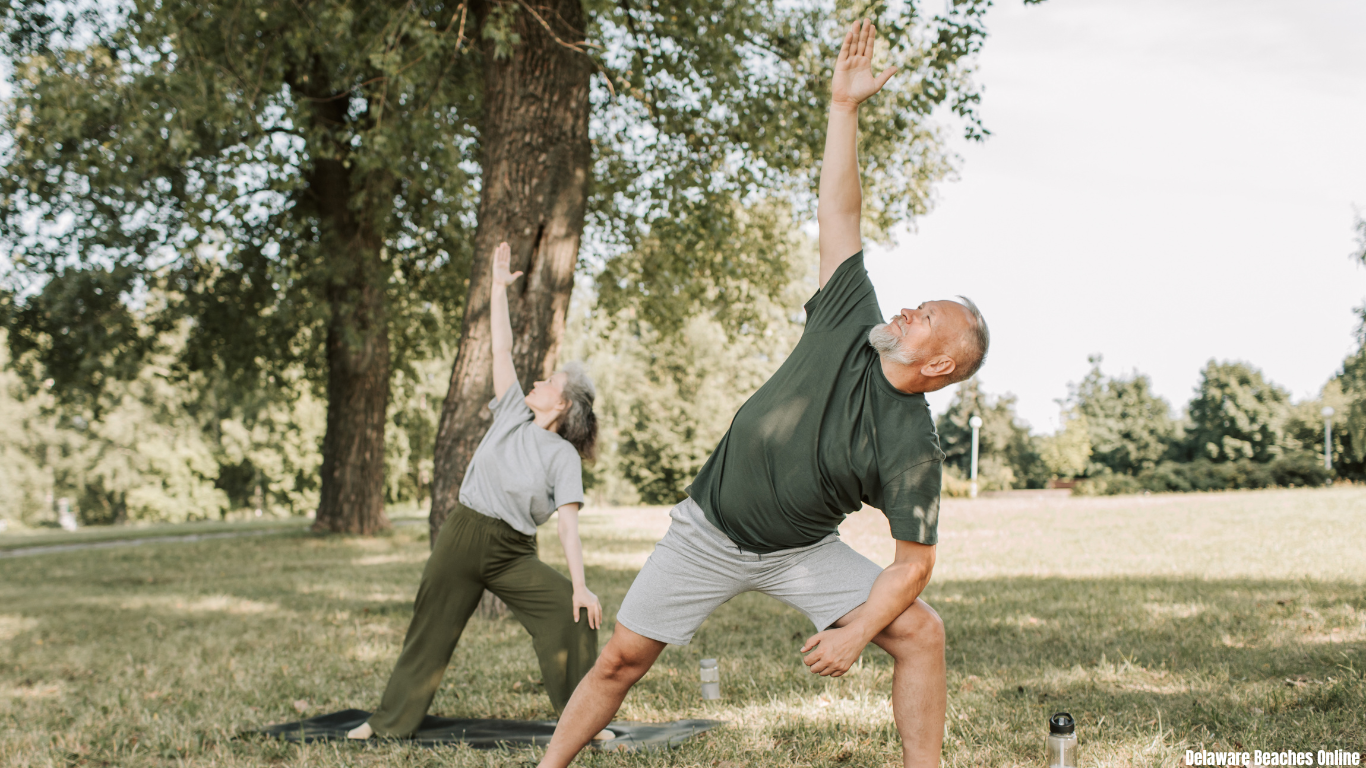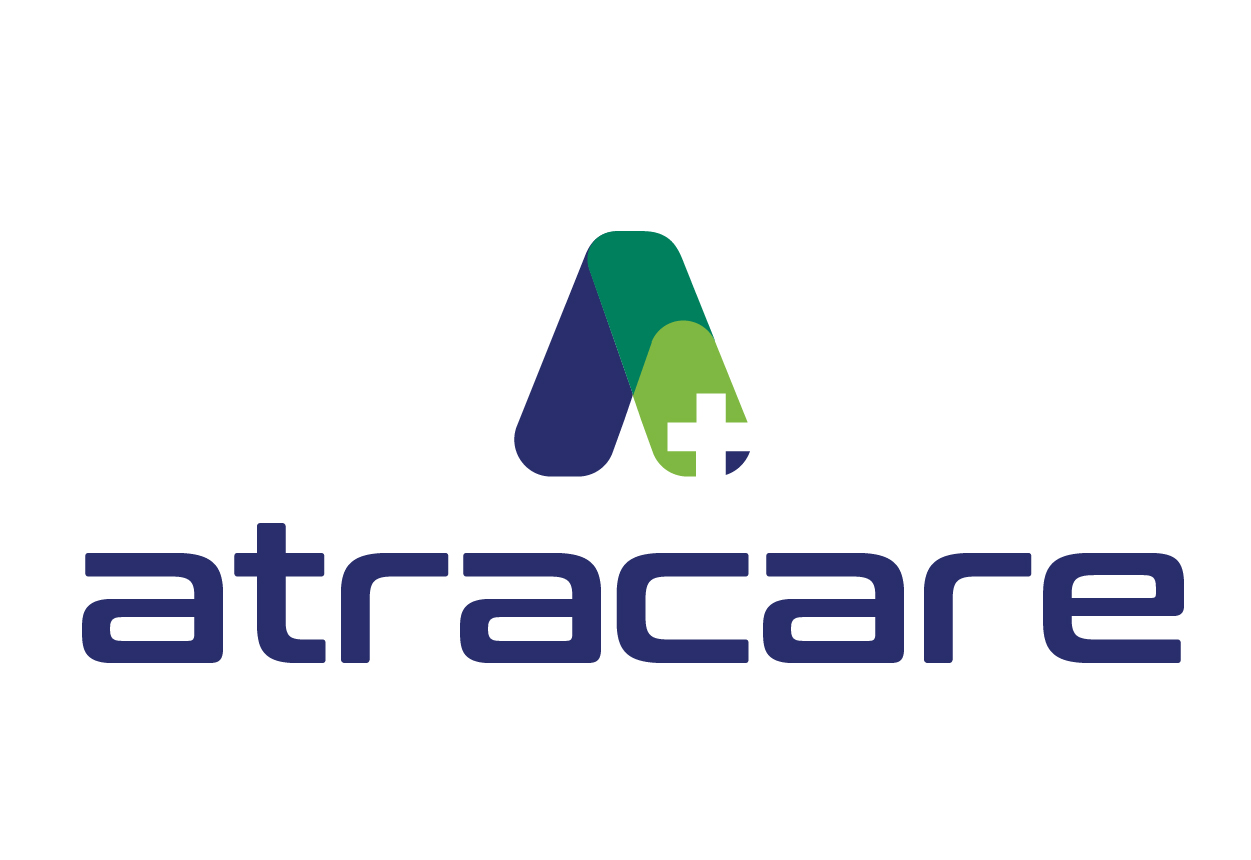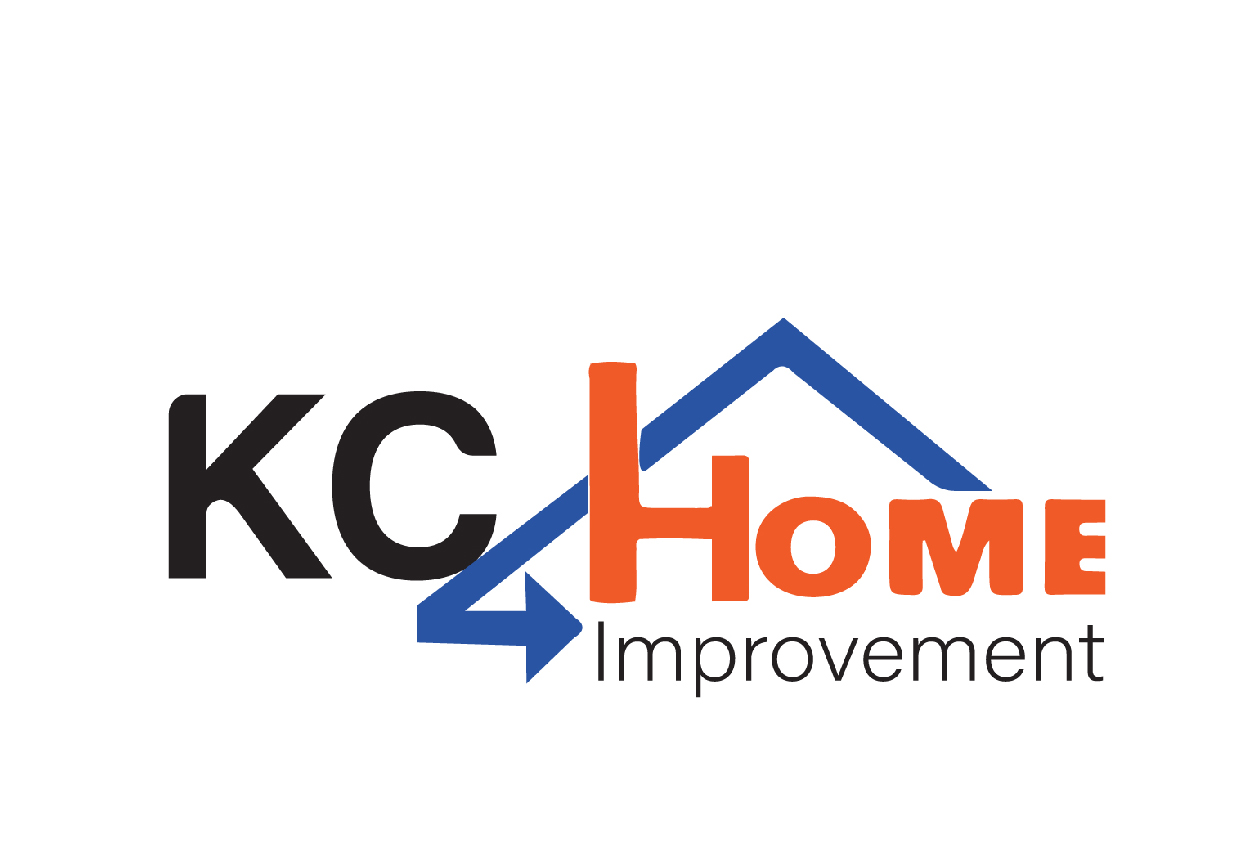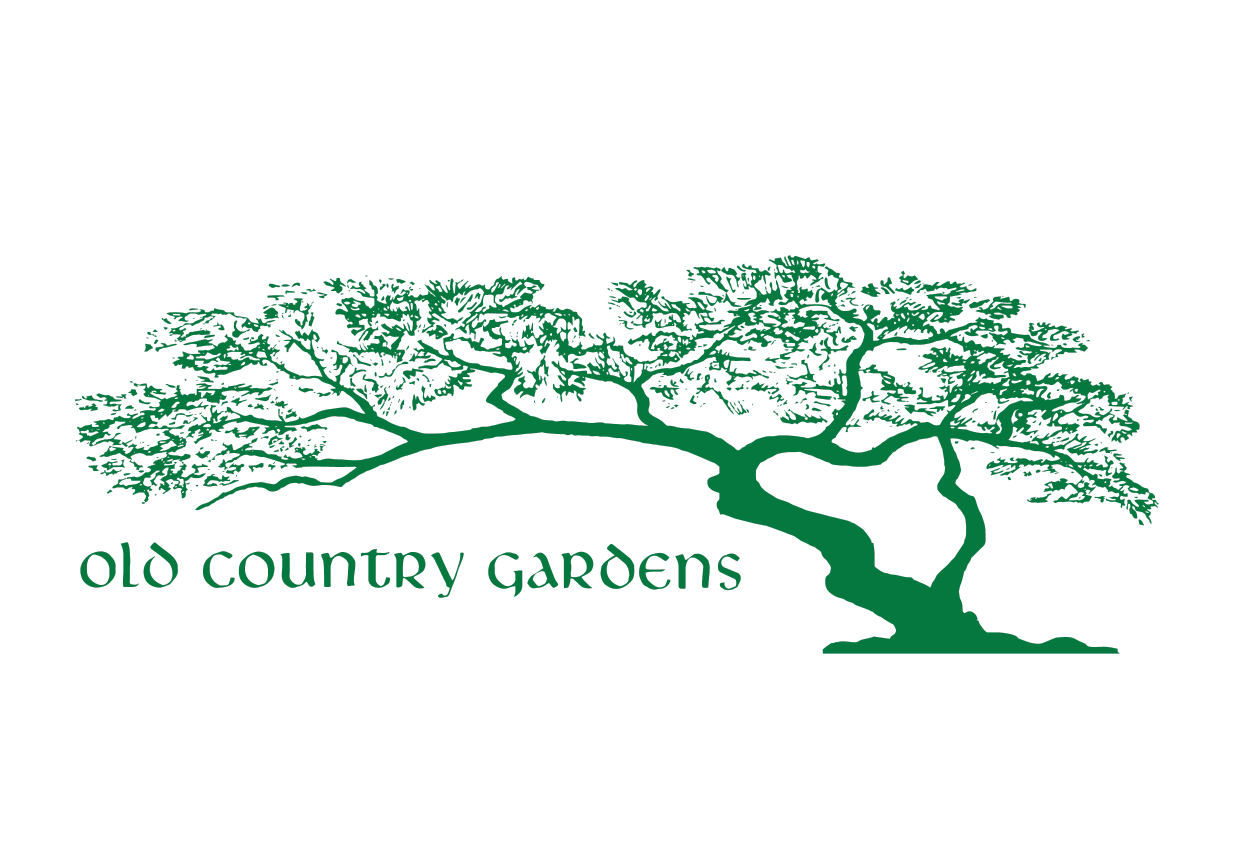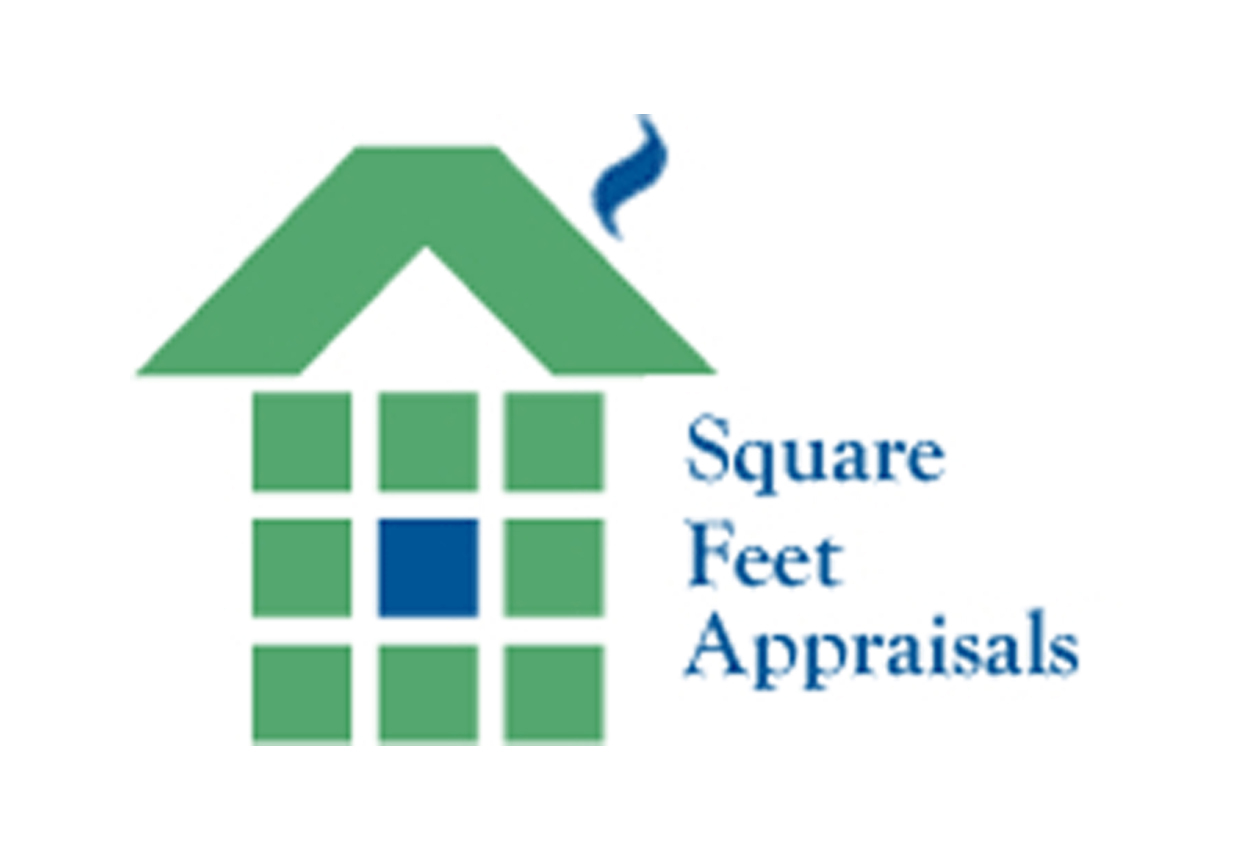The Life-Changing Benefits of Exercise for Seniors
As we age, staying active becomes increasingly important for maintaining our health and quality of life. Regular exercise offers numerous benefits for seniors, helping to improve physical function, mental well-being, and overall health. Let’s explore the key advantages of exercise for older adults and how it can positively impact their lives.
Why Exercise Matters for Seniors
- Improved Physical Health: Regular physical activity is crucial for preventing chronic diseases such as heart disease, diabetes, and certain types of cancer. Engaging in exercise helps maintain a healthy weight, lowers blood pressure, and improves cholesterol levels.
- Enhanced Mental Health: Exercise has been shown to reduce symptoms of anxiety and depression. Physical activity promotes the release of endorphins—natural mood lifters—that can help combat feelings of sadness or stress.
- Cognitive Function: Staying active may also support brain health. Research indicates that regular exercise can delay the onset of dementia and improve cognitive function, helping seniors maintain their independence longer.
- Increased Strength and Balance: Strength training is particularly beneficial for older adults, as it helps combat sarcopenia (muscle loss due to aging). Improved muscle strength enhances balance and coordination, reducing the risk of falls—a significant concern for seniors.
- Better Mobility and Flexibility: Regular exercise promotes joint health and flexibility, making daily activities easier to perform. This increased mobility can lead to a more active lifestyle and greater participation in social activities.
Recommended Types of Exercise for Seniors
To reap these benefits, seniors should aim for a well-rounded exercise routine that includes:
- Aerobic Activities: Aim for at least 150 minutes of moderate-intensity aerobic exercise each week. This can include walking, swimming, cycling, or dancing.
- Strength Training: Incorporate strength training exercises at least two days a week. Using resistance bands or light weights can help build muscle mass and improve overall strength.
- Balance Exercises: Activities like tai chi or yoga can enhance balance and coordination, which are essential for preventing falls.
- Flexibility Exercises: Stretching routines help maintain flexibility and prevent stiffness in joints.
Overcoming Barriers to Exercise
Despite the numerous benefits, many older adults struggle to maintain an active lifestyle due to various barriers such as health issues, lack of motivation, or fear of injury. Here are some tips to help overcome these challenges:
- Start Slowly: If you’re new to exercise or haven’t been active in a while, begin with short sessions and gradually increase the duration and intensity.
- Find Enjoyable Activities: Choose exercises that you enjoy to make it easier to stick with your routine. Whether it’s gardening, dancing, or walking with friends, finding joy in movement is key.
- Set Realistic Goals: Establish achievable goals that motivate you without overwhelming you. Celebrate your progress along the way!
- Seek Support: Consider joining a community group or class designed for seniors. Exercising with others can provide motivation and accountability.
Conclusion
Regular exercise is vital for maintaining health and well-being as we age. By incorporating physical activity into your daily routine, you can enjoy improved physical health, enhanced mental well-being, and a better quality of life. Remember that it’s never too late to start exercising—every little bit counts!
If you’re looking for guidance on how to get started with an exercise program tailored to your needs as a senior, consider reaching out to Atracare. They offer personalized care and support services that can help you create a fitness plan suited to your individual health goals and abilities. Their dedicated team is committed to helping seniors maintain their independence and improve their overall well-being through tailored exercise programs and health resources. Feel free to share this post with friends or family members who might benefit from understanding the importance of exercise in later life!

